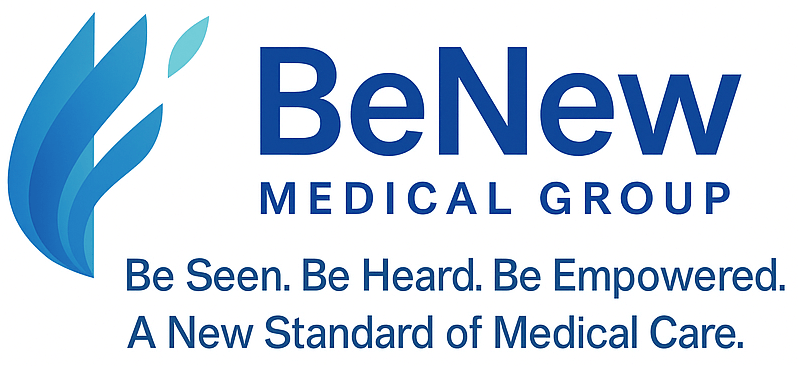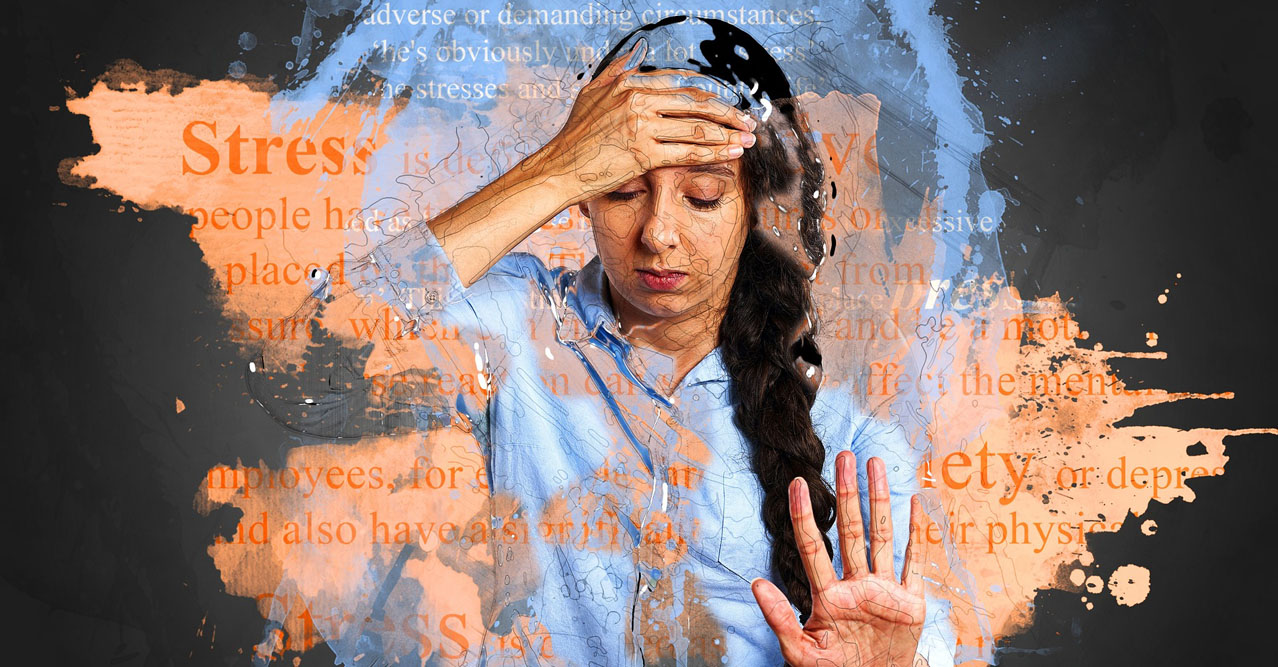Introduction
Anxiety is a pervasive condition affecting millions worldwide, manifesting in various forms from general anxiety disorder to panic attacks and phobias. Effective management of anxiety is crucial not only for mental well-being but also for leading a productive life. This article delves into the various techniques and therapies that can aid in calming your mind and managing symptoms effectively.
Understanding Anxiety
What is Anxiety?
Anxiety is a natural response to stress, characterized by feelings of fear, dread, and uneasiness. It might manifest physically through symptoms such as heart palpitations, sweating, and trembling.
Cognitive Behavioral Therapy (CBT)
The Role of CBT in Managing Anxiety
Cognitive Behavioral Therapy (CBT) is a highly effective treatment for anxiety, focusing on identifying, understanding, and changing thinking and behavior patterns.
Benefits of CBT
- Identifying Negative Thoughts: CBT helps individuals identify their negative thoughts and assess whether they are an accurate depiction of reality.
- Developing Healthier Thinking Patterns: Patients learn to develop more balanced and constructive ways to respond to stress and anxiety.
Mindfulness and Meditation
Incorporating Mindfulness into Daily Routine
Mindfulness involves being aware of what you're sensing and feeling at every moment, without interpretation or judgment. Meditation often involves mindfulness to help shift thoughts away from usual preoccupations toward an appreciation of the moment and a larger perspective on life.

Techniques Include:
- Mindful Breathing: Focusing solely on your breathing, this practice involves inhaling and exhaling slowly and deeply.
- Body Scan Meditation: This involves concentrating on different parts of the body and bodily sensations in a gradual sequence from head to toe.
Pharmacotherapy
Medications for Anxiety Management
While not a cure, medications can be effective in reducing the symptoms of anxiety. Common medications include:
- Antidepressants: Such as SSRIs and SNRIs, which are commonly used to treat anxiety.
- Benzodiazepines: Used for short-term management of anxiety symptoms.
- Beta-Blockers: Used to manage physical symptoms of anxiety, such as rapid heart rate.
Lifestyle Modifications
Daily Habits to Support Anxiety Management
- Regular Exercise: Physical activity is key in reducing stress and anxiety. Activities like walking, yoga, or swimming can significantly lower anxiety levels.
- Balanced Diet: Eating a balanced diet can help regulate mood and energy levels, contributing to overall mental health.
- Adequate Sleep: Poor sleep can exacerbate anxiety symptoms. Establishing a calming bedtime routine and maintaining a regular sleep schedule can improve sleep quality.

Relaxation Techniques
Strategies to Reduce Anxiety
- Deep Breathing Exercises: Deep diaphragmatic breathing is a powerful anxiety-reducing technique because it activates the body’s relaxation response and helps the body return to a calmer state.
- Progressive Muscle Relaxation (PMR): An effective way to help relax and control stress and anxiety. This technique involves tensing each muscle group but avoiding straining them, then suddenly releasing the tension and noticing how the muscles feel when relaxed.
Support Systems
The Importance of a Strong Support Network
- Talking about Feelings: Actively communicating with friends, family, or therapists can alleviate feelings of anxiety.
- Support Groups: Joining a group where members share similar experiences and challenges can provide a supportive environment to explore anxiety management strategies.
Conclusion
Managing anxiety is a multifaceted approach encompassing various therapies, lifestyle adjustments, and supportive practices. Techniques such as Cognitive Behavioral Therapy, mindfulness, and proper medication management, along with lifestyle changes like regular exercise and adequate sleep, are all crucial in helping individuals regain control over their mental health. By embracing these methods, those suffering from anxiety can find effective ways to calm their minds and improve their overall well-being. Always consult healthcare providers to tailor the right treatment plan for you, and consider leveraging online resources and telemedicine options for added support and guidance in managing your anxiety.





